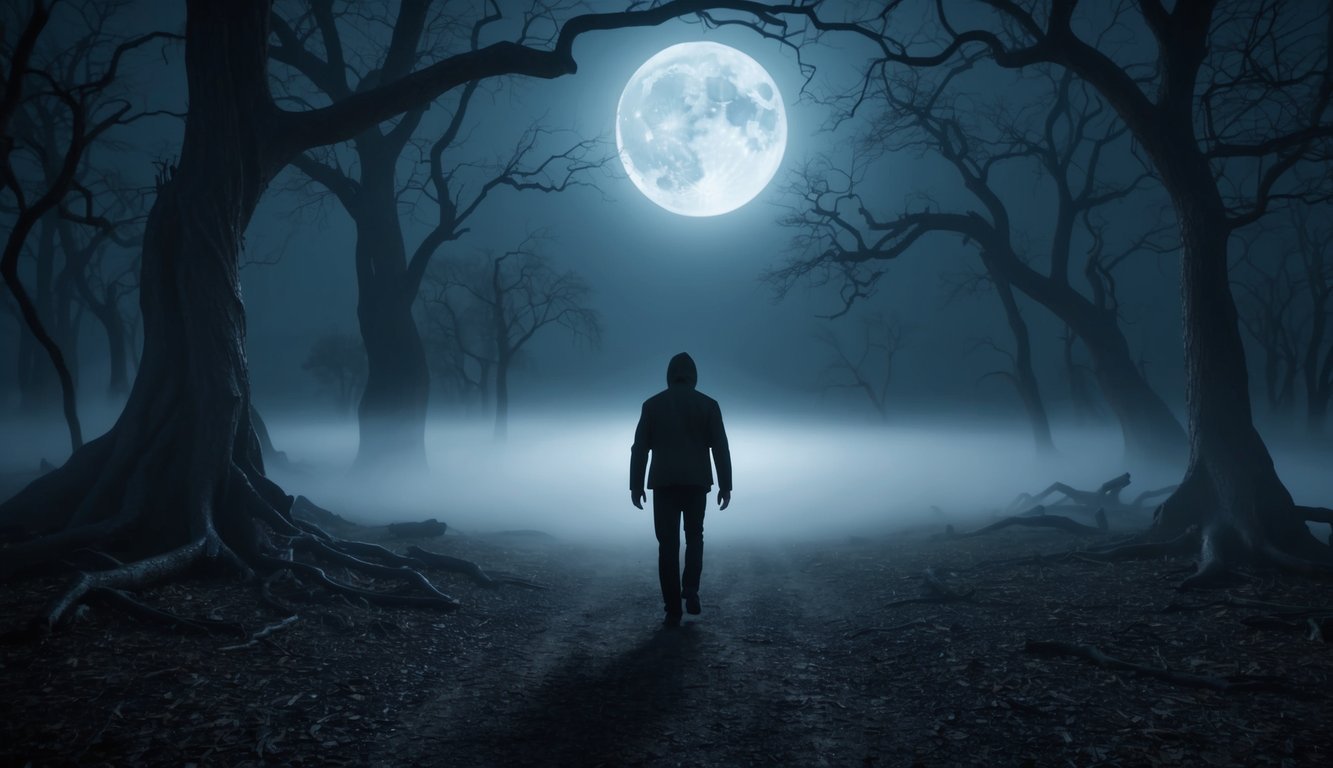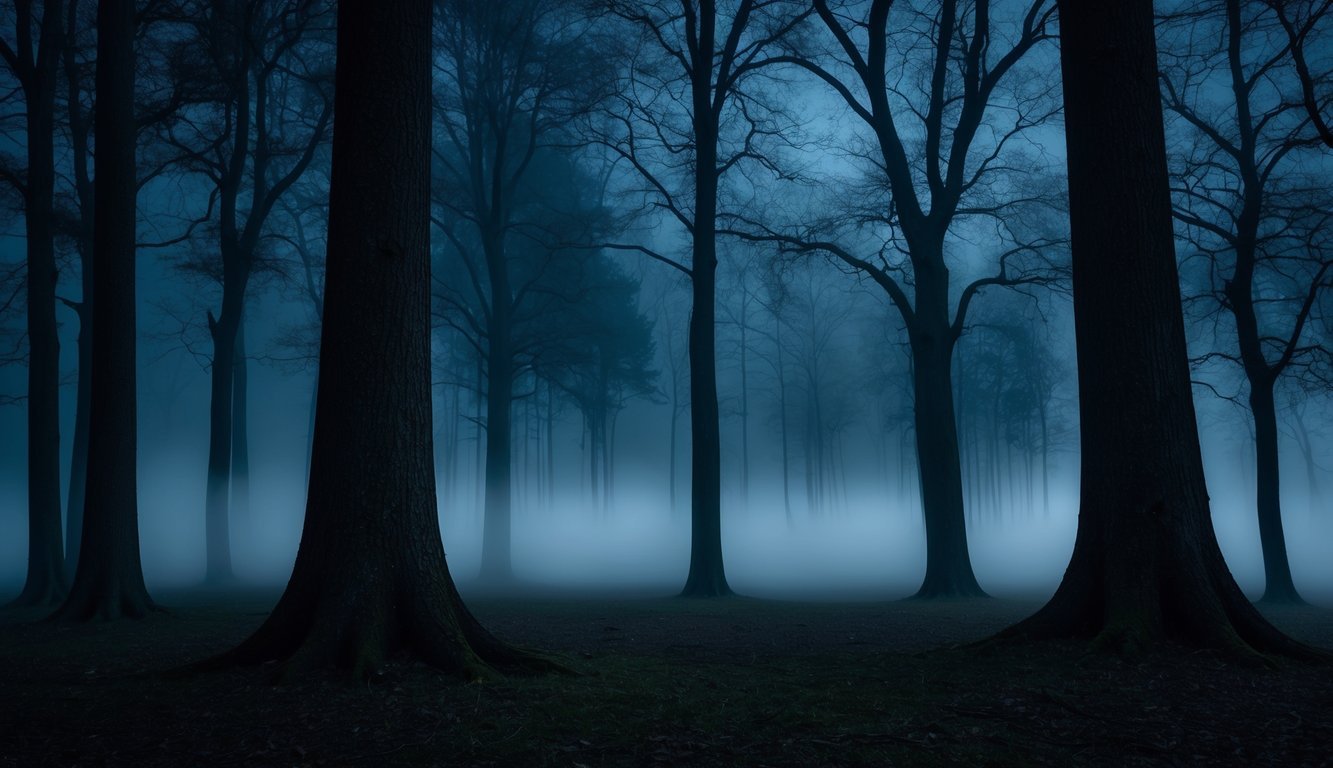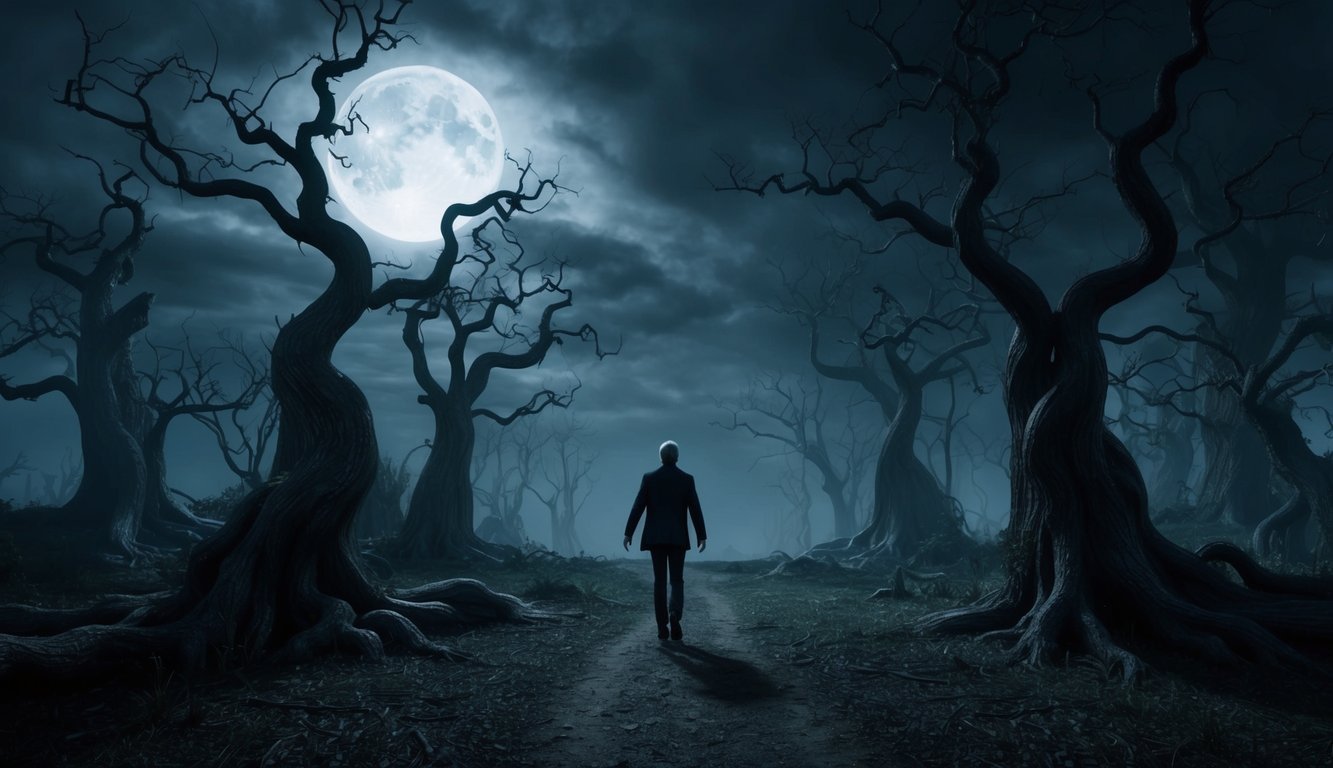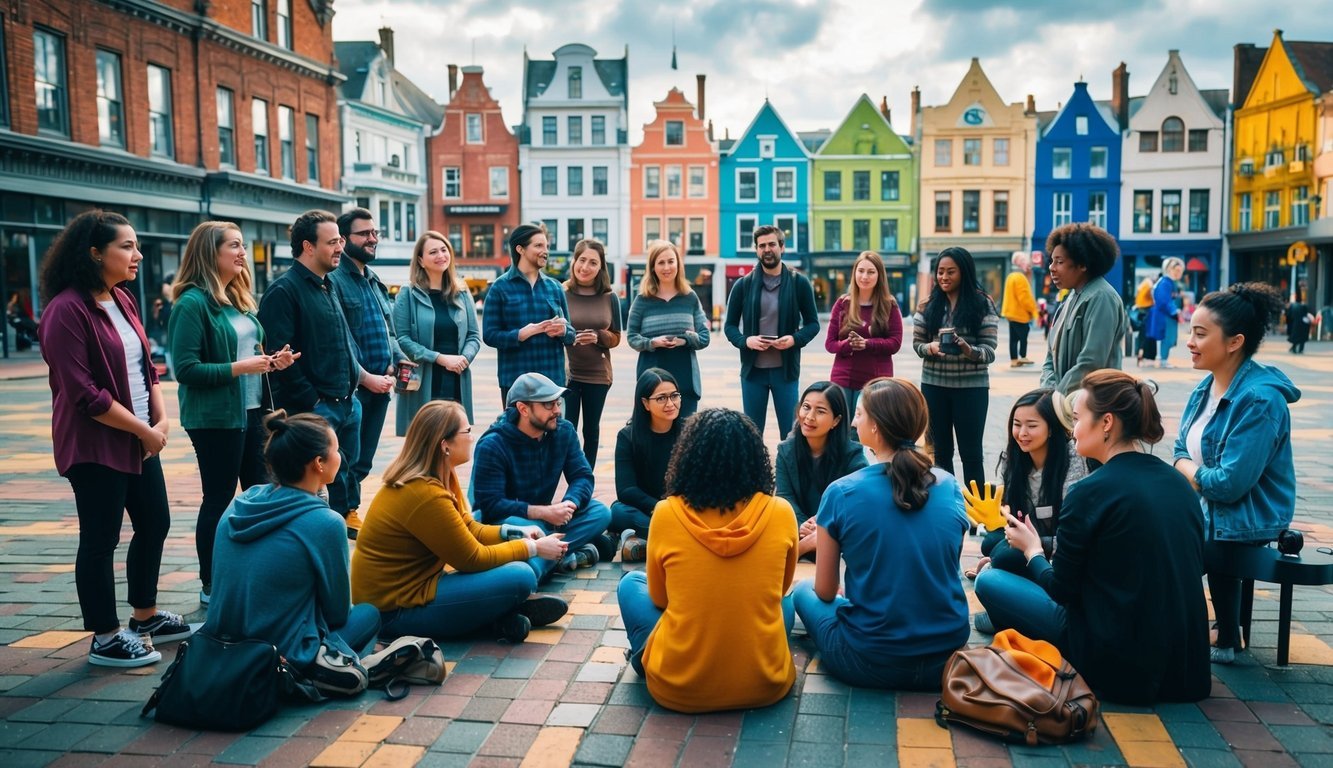PsychNewsDaily Publishers
100 Summit Drive
Burlington, MA, 01803
Telephone: (320) 349-2484
PsychNewsDaily Publishers
100 Summit Drive
Burlington, MA, 01803
Telephone: (320) 349-2484

Horror fans are often seen as a unique group, drawn to stories that provoke fear and anxiety. Surprisingly, research shows that these individuals may display greater resilience compared to others. They often use horror as a way to confront their fears, which can help them manage real-life stressors more effectively.
During tough times, such as the recent pandemic, many horror fans found comfort in their favorite genre. This reaction suggests that horror media offers a safe space for exploring emotions and responses to danger.
By engaging with these intense stories, they develop coping skills that can prepare them for worst-case scenarios in their own lives.
Understanding the psychology behind why horror fans exhibit resilience can shed light on the benefits of facing fear in a controlled environment. This insight helps to explain why these fans may navigate life’s challenges with more confidence.
Exploring this topic not only reveals the connection between horror and emotional strength, but it also invites readers to consider how facing fears can empower them in their own lives.

Fans of horror films often seek out the thrill of fear. This type of enjoyment can provide unique psychological benefits and bring a sense of excitement.
Horror films create a safe space for experiencing fear. The jump scares and tension build-up allow viewers to confront scary scenarios without real danger.
This controlled exposure to fear can provide a rush of adrenaline, which many viewers find enjoyable.
Fans often feel an intense connection to the story, characters, and emotions portrayed. Engaging with horror can also strengthen psychological resilience. Research shows that horror fans may cope better with stress due to their experience navigating fear in film.
Recreational fear taps into a person’s adrenaline-seeking nature. The thrill from watching horror films can trigger “fight or flight” responses. People enjoy this rush and the release it brings.
For many, these moments of fear lead to feelings of accomplishment. Watching a scary movie can create bonding experiences among friends or family. The shared thrill often enhances relationships and adds to the enjoyment of the genre.

Horror entertainment triggers unique psychological responses. Fans often experience a mix of fear and excitement. These reactions can help them manage anxiety and influence their moods.
When individuals watch horror films, their bodies respond with the fight-or-flight mechanism. This response is a survival instinct, causing an increase in heart rate and adrenaline production.
During scary scenes, fans might feel intense fear, which is actually a safe way to experience this emotion. The mind knows they are not in real danger, allowing them to enjoy the thrill.
This heightened state can lead to a sense of accomplishment when they face their fears through entertainment. Research shows that this reaction can lead to a boost in resilience. Fans learn to confront fear, making it easier to deal with stress in real life.
Horror movies can also play a role in mood regulation. Watching scary films can evoke a range of emotions, from fear to joy. This shift helps fans manage their feelings effectively.
Fans often find comfort in the adrenaline rush of horror films. Many enjoy the tension release that follows a scary moment. This can lead to positive emotions like excitement and satisfaction.
For some, horror serves as a coping mechanism. It allows them to reflect on their anxieties in a controlled environment. By confronting fear in a fictional setting, they may feel more prepared to manage real-life challenges.

The world of horror is deeply intertwined with social and cultural elements. These factors shape fans’ experiences and foster community connections. They highlight how horror can serve as a tool for coping and resilience during challenging times.
Horror films often bring people together, creating shared experiences. Movie nights and Halloween gatherings allow fans to bond over their love for the genre.
These occasions can lead to discussions about personal fears and how to face them.
During the COVID-19 pandemic, horror movies became a popular way to escape reality. Many found comfort in exploring fear in a controlled setting. This helped individuals process anxiety related to the pandemic and feel less alone.
Horror cinema also reflects societal concerns, mirroring fears like illness, isolation, and societal collapse. These themes resonate deeply, contributing to stronger connections among viewers.
Events like Halloween celebrate the horror genre in many cultures. They encourage playful engagement with fear and death.
Traditions such as haunted houses allow participants to confront their fears in a fun way.
During Halloween, communities come together to create experiences that embody horror themes. Costumes, decorations, and themed attractions reflect a shared understanding of fear and excitement.
Furthermore, fan conventions foster connections among horror enthusiasts. They create spaces for sharing ideas, discussing films, and meeting creators. These interactions enhance feelings of belonging and community within the genre, helping fans build resilience together.

Horror fans often develop unique ways to cope with fear and anxiety. They find that engaging with scary content offers them a chance to handle their emotions. This section explores how horror helps fans build resilience and the importance of control in their experiences.
Many horror fans confront their fears through these films. Watching scary movies allows them to experience fear in a safe environment.
This can lead to lower anxiety levels in real-life situations.
Psychological research shows that horror can act as a form of exposure therapy. Fans become desensitized to fear, making it easier to deal with life’s challenges.
Benefits include:
This supportive community can also help fans feel connected. Sharing fears with others creates a sense of belonging and reinforces their coping mechanisms.
Control plays a crucial role in how fans enjoy horror. When engaging with scary stories, they know they are safe, even if they feel extreme emotions.
This awareness allows fans to face their anxieties head-on.
Fans can choose how much horror to consume. This choice empowers them, enhancing their resilience.
It also allows individuals to explore their personality traits, making them more adaptable to stress.
Important factors include:
This combination of excitement and safety helps fans develop stronger coping skills for everyday life.

Horror fans often have unique personality traits that shape their connection to scary stories. These traits can provide insight into their attraction to fear and the benefits they gain from it.
Many horror fans are drawn to the unknown and the darker aspects of life. This attraction stems from a curiosity about fear and what lurks in the shadows.
Fans often seek out the thrill and excitement of horror movies as a way to confront their fears. This engagement can be linked to certain personality traits, such as openness to experience.
People who enjoy horror typically display higher levels of empathy, as they can connect with complex characters and stories.
They explore emotions like fear and suspense in a safe environment. This exploration helps them process their own feelings, making them more resilient in real life.
Horror fandom can promote personal growth. Fans often reflect on their emotions and experiences through the lens of horror stories.
This reflection can lead to increased emotional resilience. Facing frightening scenarios on screen can help individuals manage stress and anxiety in their own lives.
Additionally, fans tend to build a sense of community with others who share their interests. This support system can enhance feelings of belonging.
Engaging with horror narratives can also improve critical thinking skills, as fans analyze plots and underlying messages while enjoying thrilling content.

This section discusses key aspects of horror films and their relationship with psychological resilience. It covers how horror stories may support coping skills, why people enjoy horror, and the potential benefits of these films on emotional strength.
Horror stories create a safe space for audiences to confront their fears. By experiencing frightening situations in a controlled environment, individuals may develop greater emotional strength. This practice can help them manage real-life stress and anxiety more effectively.
People enjoy horror movies for various reasons, including curiosity and thrill-seeking. The excitement of fear can release adrenaline, leading to pleasurable feelings. Additionally, horror films allow viewers to explore dark themes without real-life consequences.
Research suggests that those who regularly watch horror films may build resilience over time. Engaging with scary content can prepare them to face adversity in real life. The experience of navigating frightening scenarios can strengthen coping skills.
Certain personality traits, such as high sensation-seeking and openness to experience, are common among horror fans. These individuals often enjoy intense emotions and challenges. Their attraction to horror may also stem from a desire to understand complex feelings and situations.
Studies indicate that horror fans tend to show greater emotional resilience, especially during stressful times. These viewers are often less distressed in crises, such as the COVID-19 pandemic. Their enjoyment of horror may help them process their emotions better.
Horror movie fans often display a unique understanding of fear and anxiety. Engagement with horror can foster discussions about emotions and mental health. This openness may lead to better psychological well-being and a supportive community among fans.